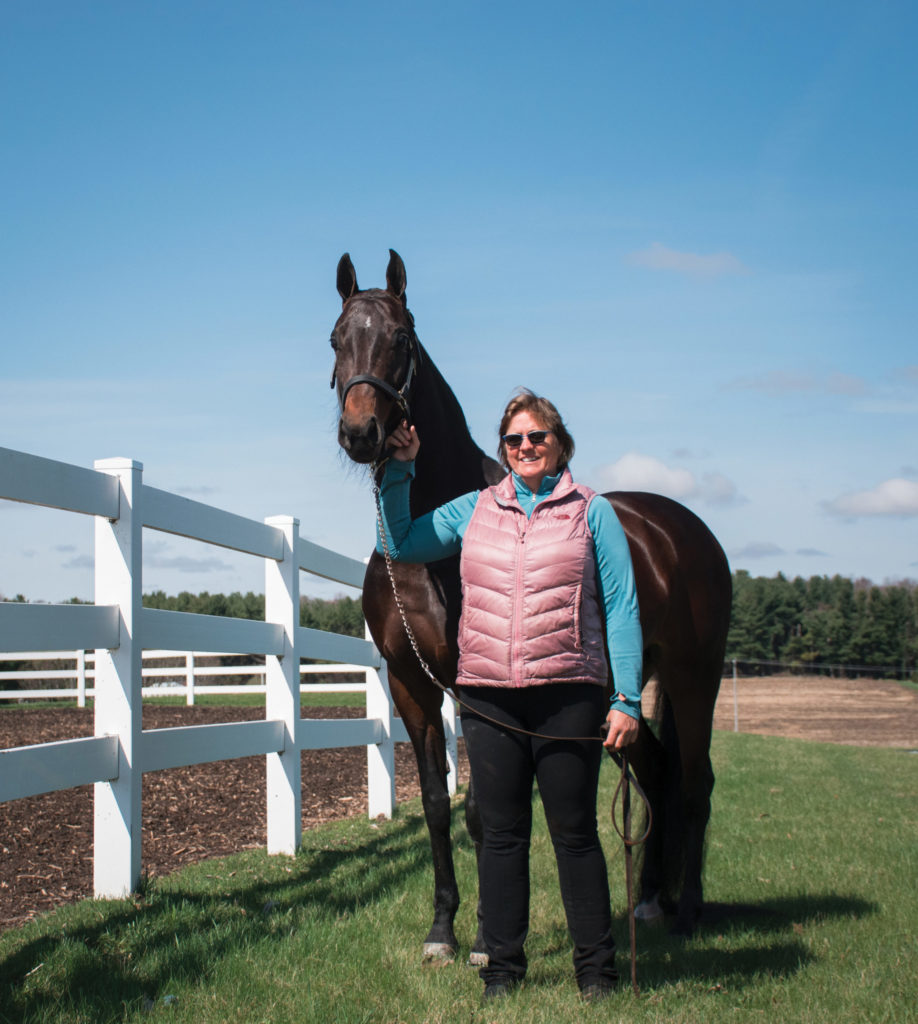 Family Tradition Rides Strong at La Fleur Stables
Family Tradition Rides Strong at La Fleur Stables
As you travel west from Madison to Verona, you’ll find hundreds of new houses and apartment complexes, but also La Fleur Stables.
In 1965, Dan and Marlene La Fleur established La Fleur Stables when they bought their first horse farm on Highway 138, between Stoughton and Oregon. In 1977, Dan and Marlene relocated to a more complete and elaborate horse facility in Fond du Lac. But it was in 1995 that the couple purchased 15 acres and made Dane County its forever home.
Dan and Marlene have three grown children: Trond, Liv and Neva.
While all the family members have strong connections to the stables and still help and show, it’s Neva who has taken on the family business and runs the day-to-day operations, trains the horses and gives lessons.
Boarding, training, showing, horse lessons and camps are offered at La Fleur Stables. They also assist with buying and selling horses.
During the years in Fond du Lac, the family became specialized in training American Saddlebreds.
“American Saddlebreds came to be during the Civil War,” explained Neva. “The colonels and generals wanted a fancier horse. Just like in today’s world, your car can show status — they wanted people to see the prestige of their horse.”
It was the American Quarter Horse that was the frontline animal reserved for the calvary.
Much like the history of horses in our country, the love of horses stems deep in the La Fleur family.
It was Marlene who embedded the love of horses in Neva.
“My mom got her first horse when she was four years old,” said Neva. “She really shared with my brother, sister and I, the love she had for these animals.”
As young as 18, Neva was buying and selling her own horses.
“I knew I could be a horse trainer if I could see the entire value you can get out of the horse,” she shared.
Today she carries on the family tradition with a lot of hard work. She works with her son and one other employee.
“Just like any farm, you are working seven days a week,” Neva said. “Some people get that lifestyle and some people don’t.”
In 2001, the barn was built. The building, designed by Marlene has 19 stalls and includes a pit area where a tractor hooked to a manure spreader sits. This allows manure and dirty straw from stall cleaning to be dumped directly into the spreader by a wheelbarrow.
“This is a unique feature,” Neva explained. “It lets us put the manure right where it needs to go and limits how much our staff is using machinery.”
La Fleur Stables works with a neighbor to spread the manure on fields and a local landscaping company also takes some.
The barn holds a small amount of hay, with the rest being stored in a shed next door. Some of the haybales come from a neighbor down the road, while other hay is purchased from hay auctions.
The horses have a wellness check by a veterinarian at least once a year and Neva says other vet calls are few and far between.
Though there is a lot of variety from day to day for Neva, she says her favorite thing is to, “Develop a rider and a horse.”
She spends her mornings working with the show horses and focuses the afternoons and evenings on giving lessons. While COVID-19 took the wind out of the sails for many businesses, for La Fleur Stables it actually improved business.
“Out of all the years I’ve been here, 2021 was the best year,” she said. “I did quite a few riding lessons because the kids had off on Wednesdays and wanted to get out of the house. Lessons increased more than 100%. Now, it’s changed and sports are back and I’m back to about one-third of what I was doing during COVID.”
In general, Neva says her slowest month is July because of vacations, and usually, April and May are her busiest.
La Fleur Stables also attends numerous horse shows and competitions, usually taking six to eight horses. Most recently Neva exhibited at the Midwest Horse Fair® in Madison.
“I thought it was a very successful event this year,” Neva said. “It draws a lot of people from out of state.”
Midwest Horse Fair, held at the Alliant Energy Center, is one of the largest three-day horse fairs in the U.S. In 2022, it brought in 61,497 attendees. It draws people from around the country. Neva said it’s important to be there because about 50% of her business comes from out of state.
“It means more when you have to drive an hour or two,” she shared.
According to the American Horse Council’s website, the horse industry contributes approximately $50 billion in direct economic impact to the U.S. economy and has a direct employment impact of 988,394 jobs.
“Horses are a specialty animal,” Neva added. “Because of the Kentucky Derby, equine is a big part of the entertainment industry.”
The AHC also states there are more than 3,141,000 horses used for recreation in the U.S., with nearly 1,228,000 used for showing. More than 1,224,000 are racing horses and more than 537,000 are used for work purposes.
Horses for entertainment is a large portion of the industry’s economic impact. For example, according to NBC Sports, the 2022 event that took place at the beginning of May was the most-viewed Derby since 2019, bringing in more than 16 million viewers.
While their horses provide entertainment, the LaFleur family enjoys the opportunity to pass along its love for these animals. Pairing that with the uniqueness of its location, La Fleur Stables has an opportunity to connect an urban audience with a piece of rural living.
Story by Amy Eckelberg. Photos by Lynn Siekmann. Story originally appeared in the June | July 2022 Rural Route.

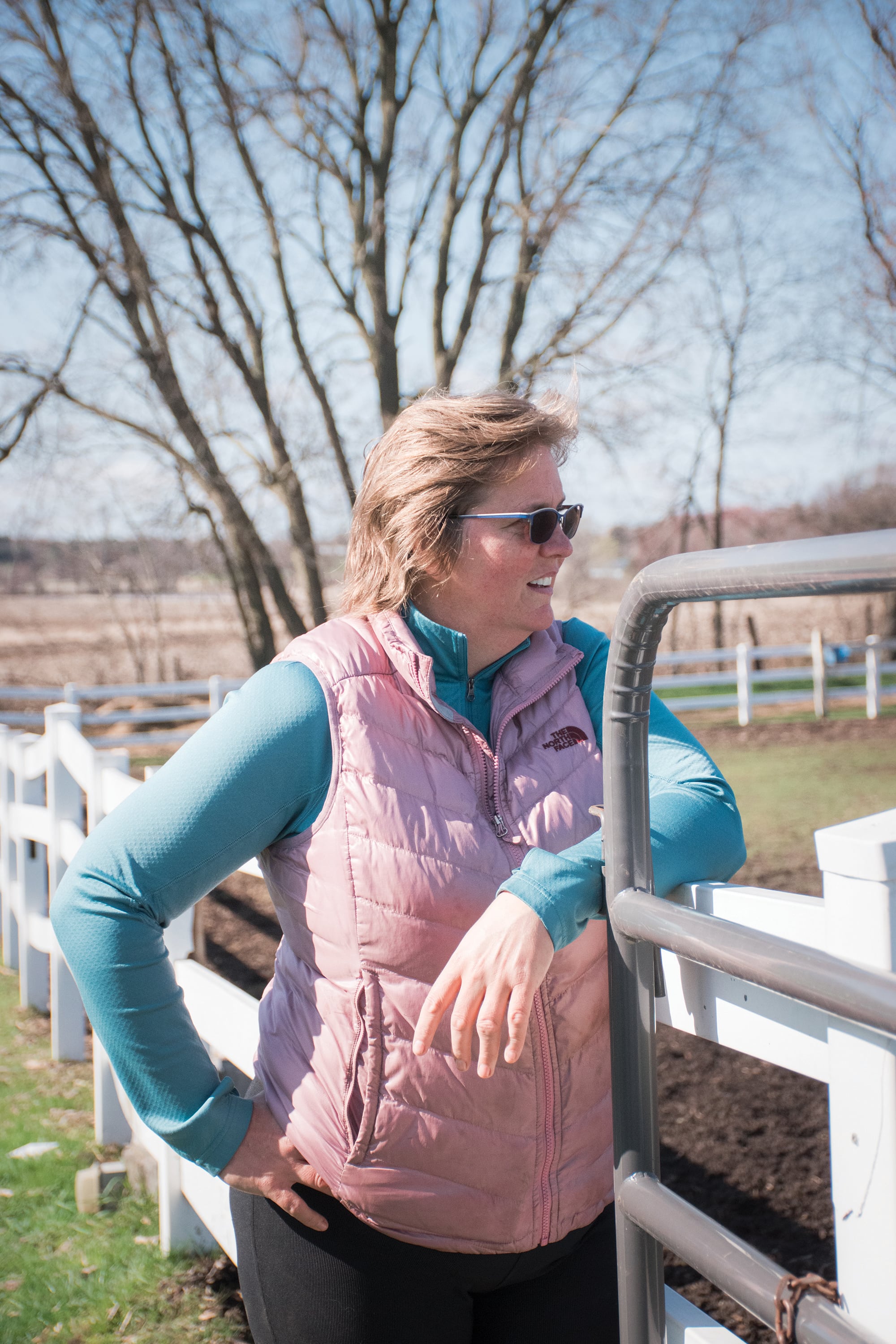
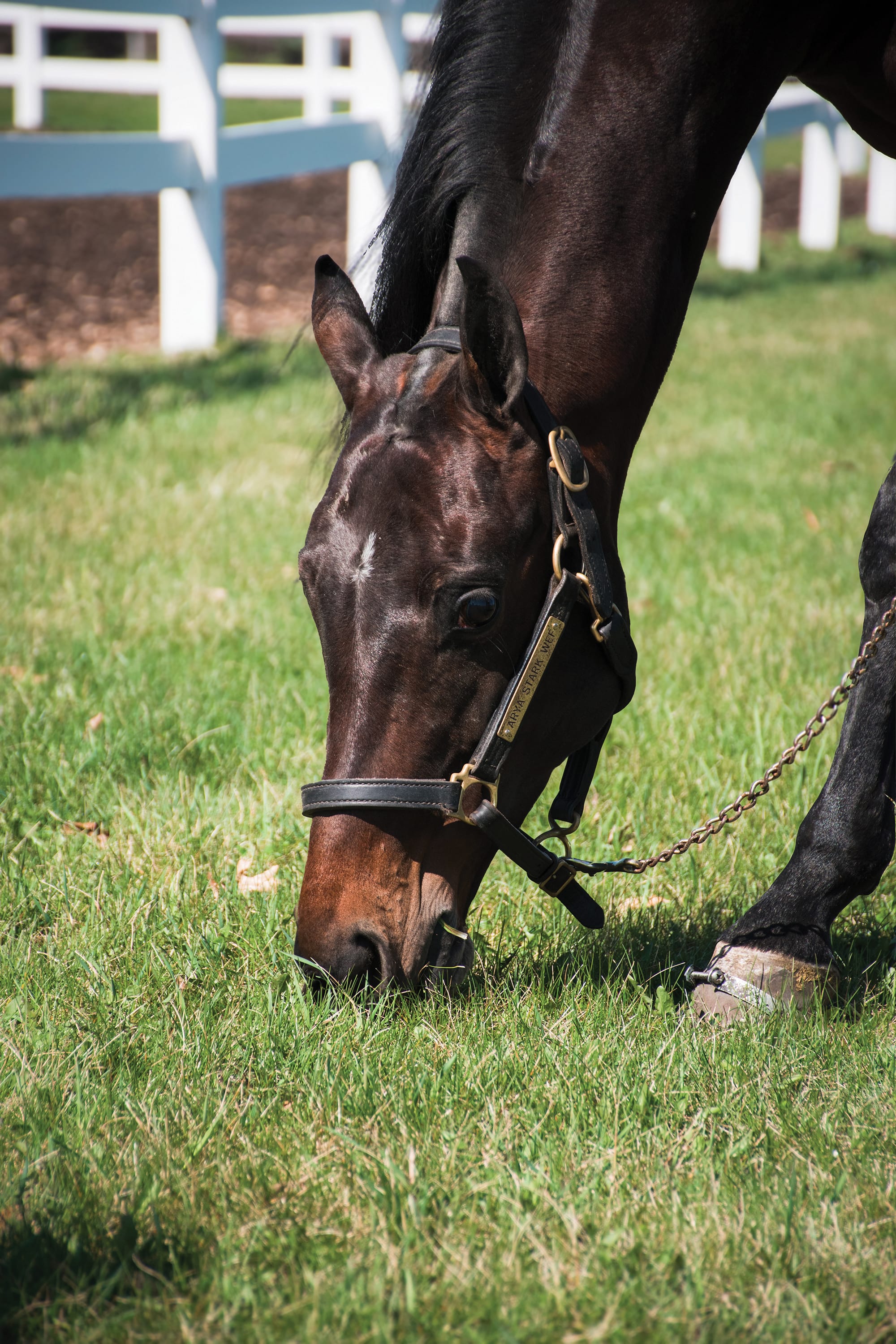
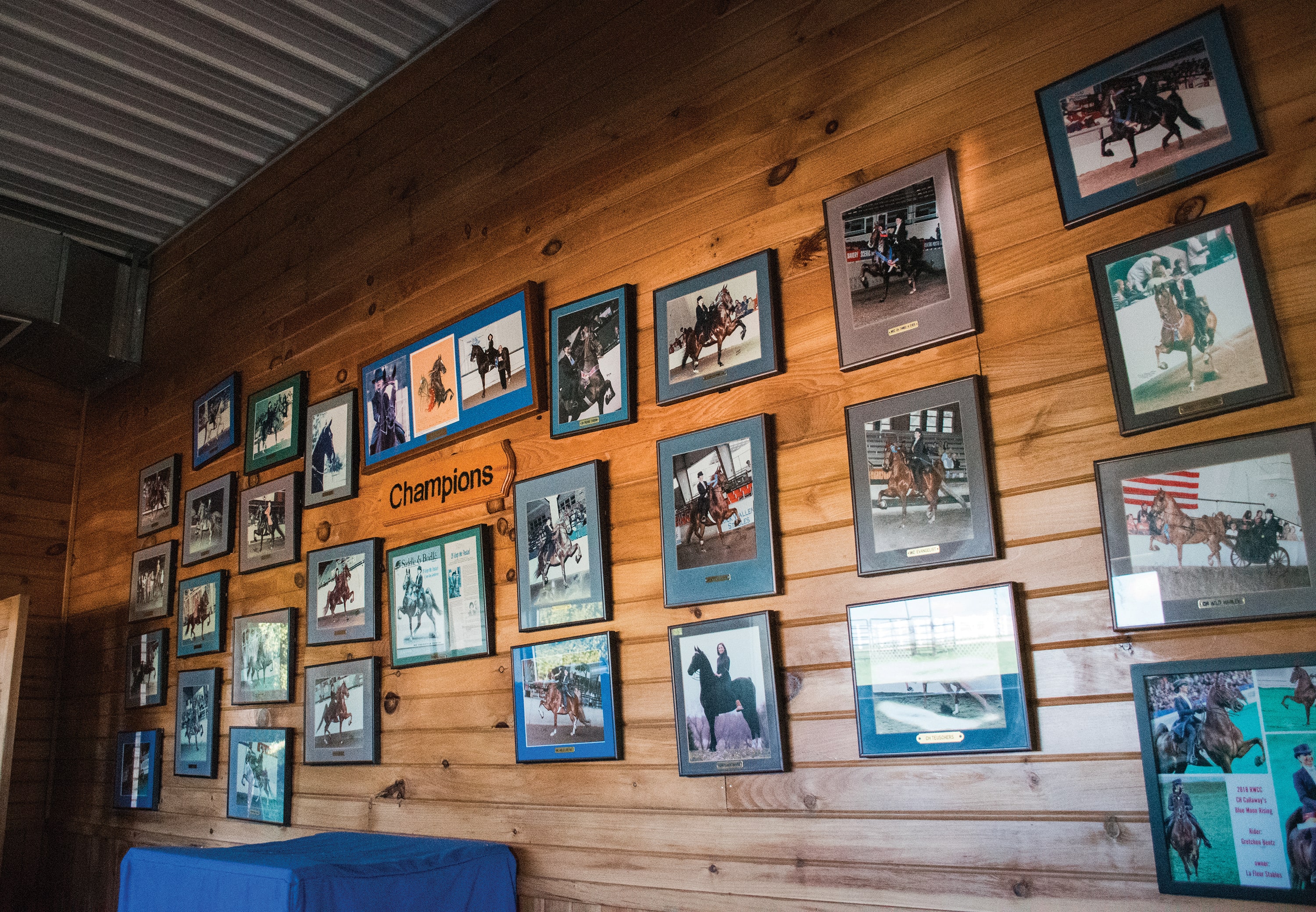
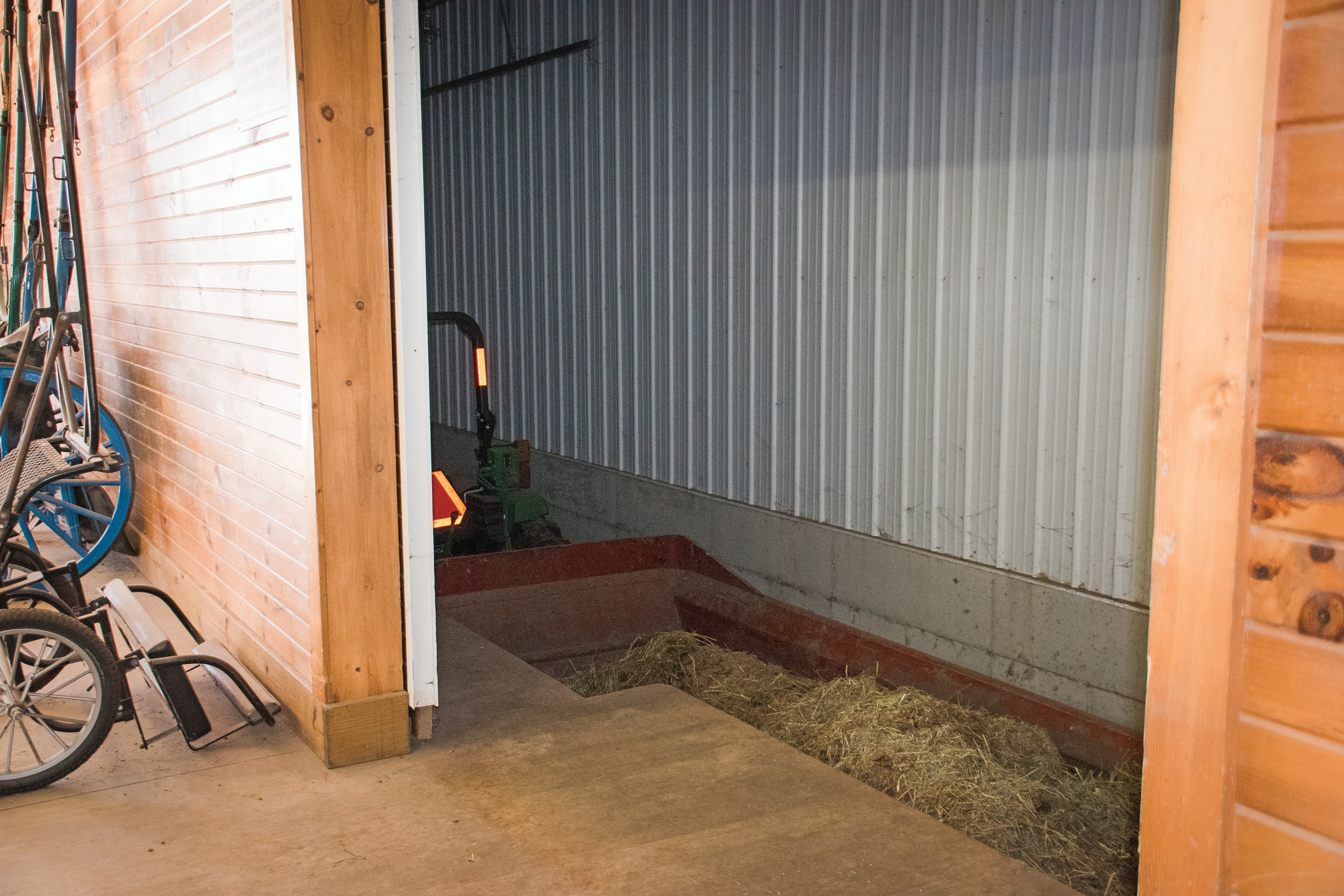
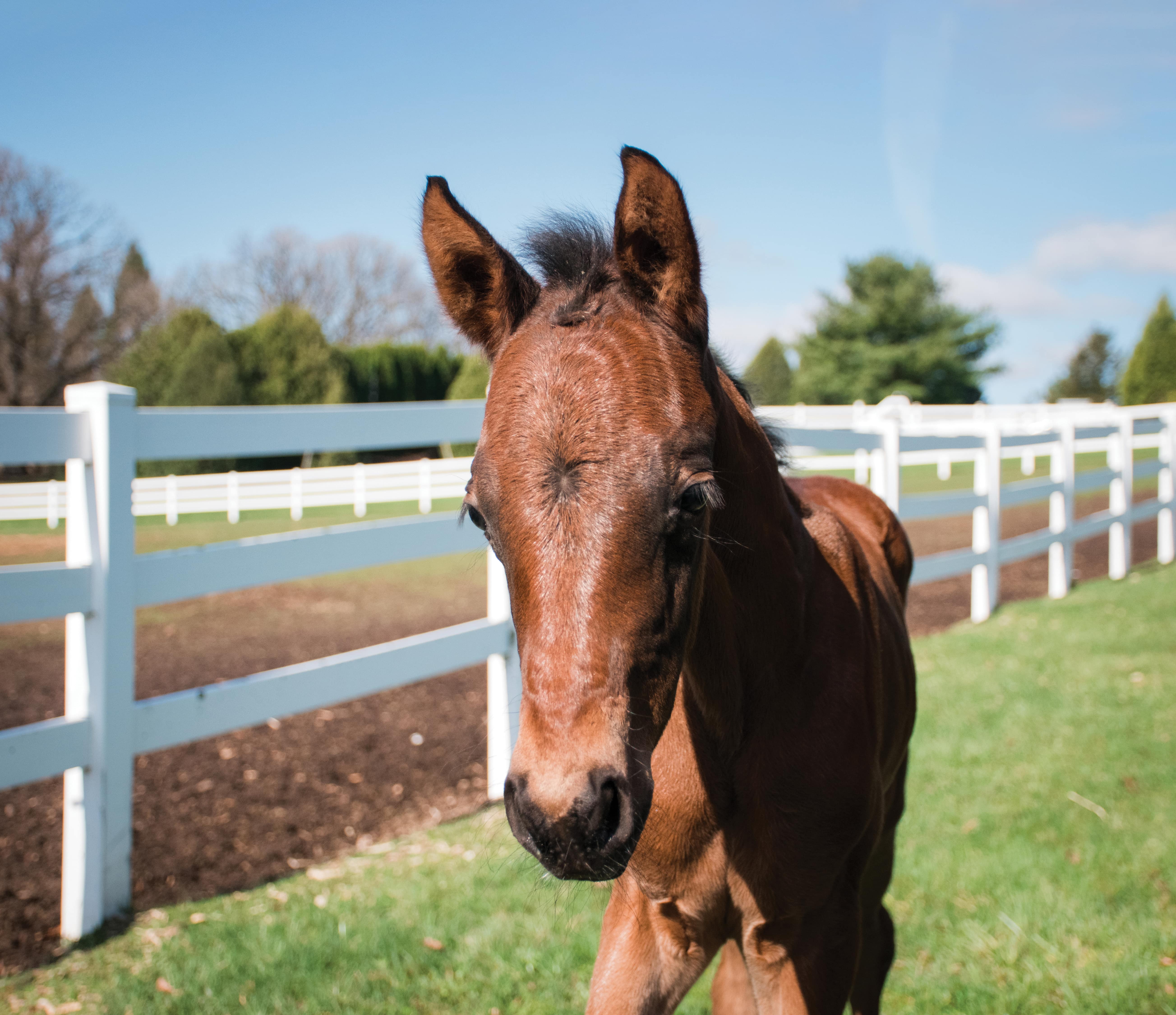
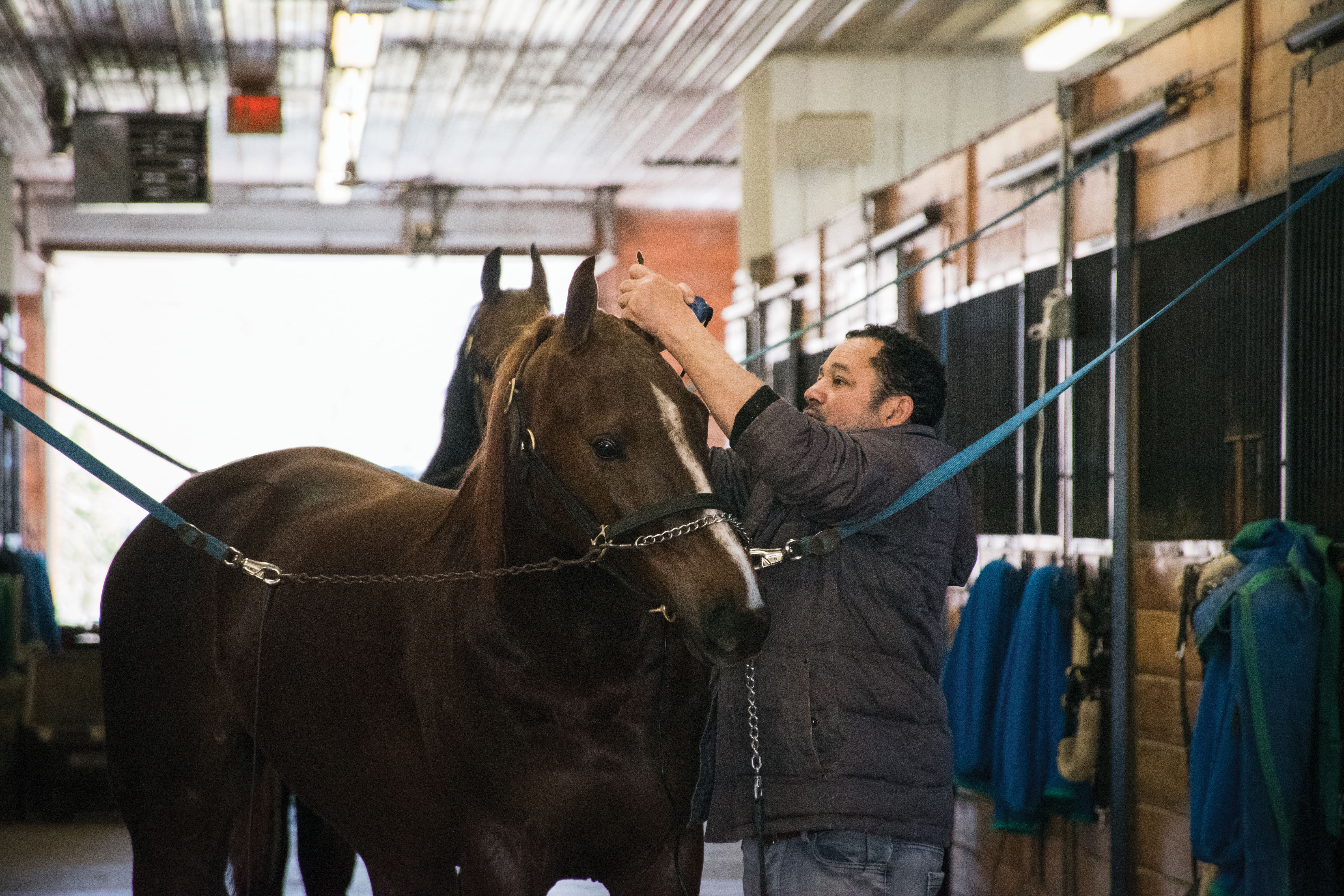
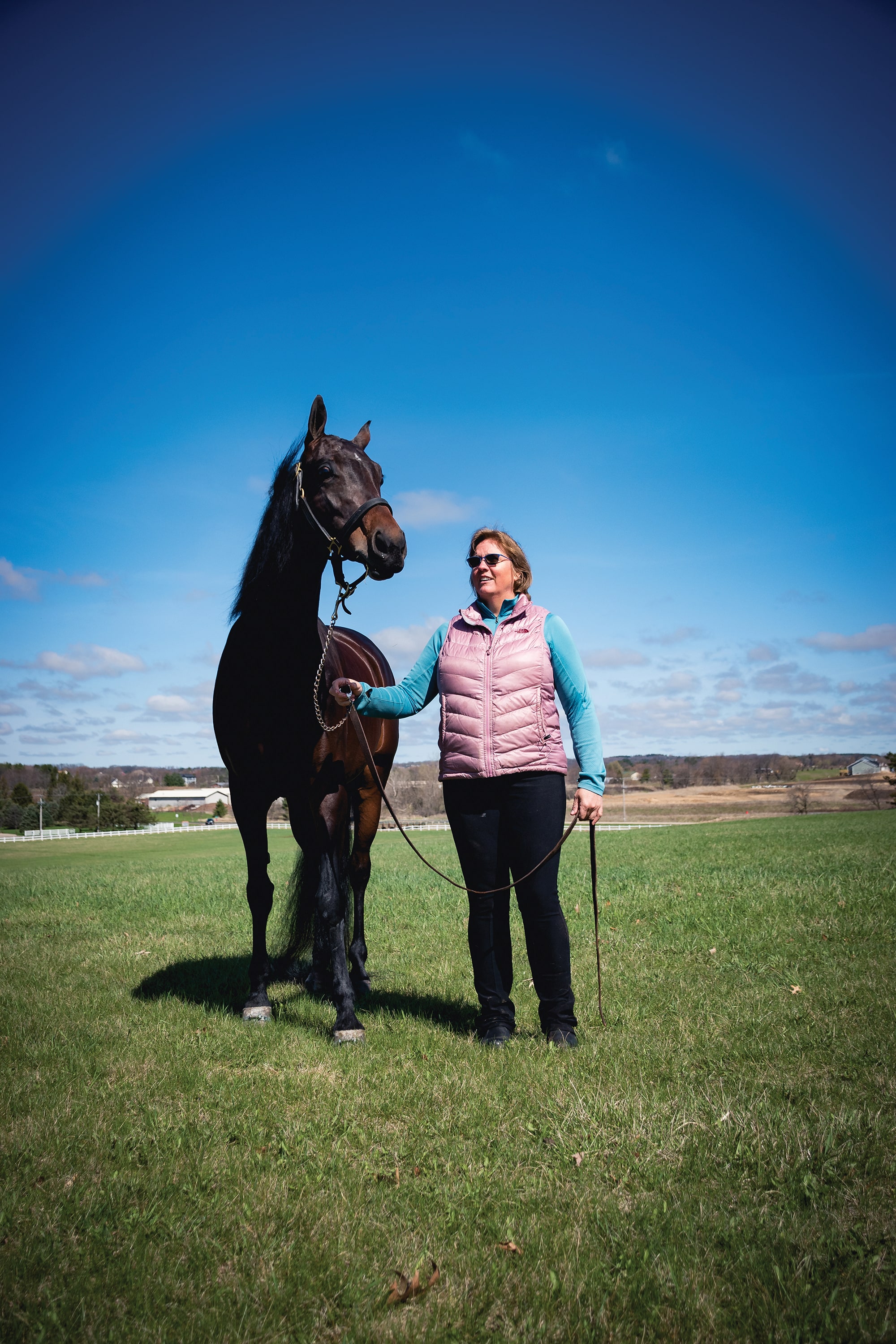
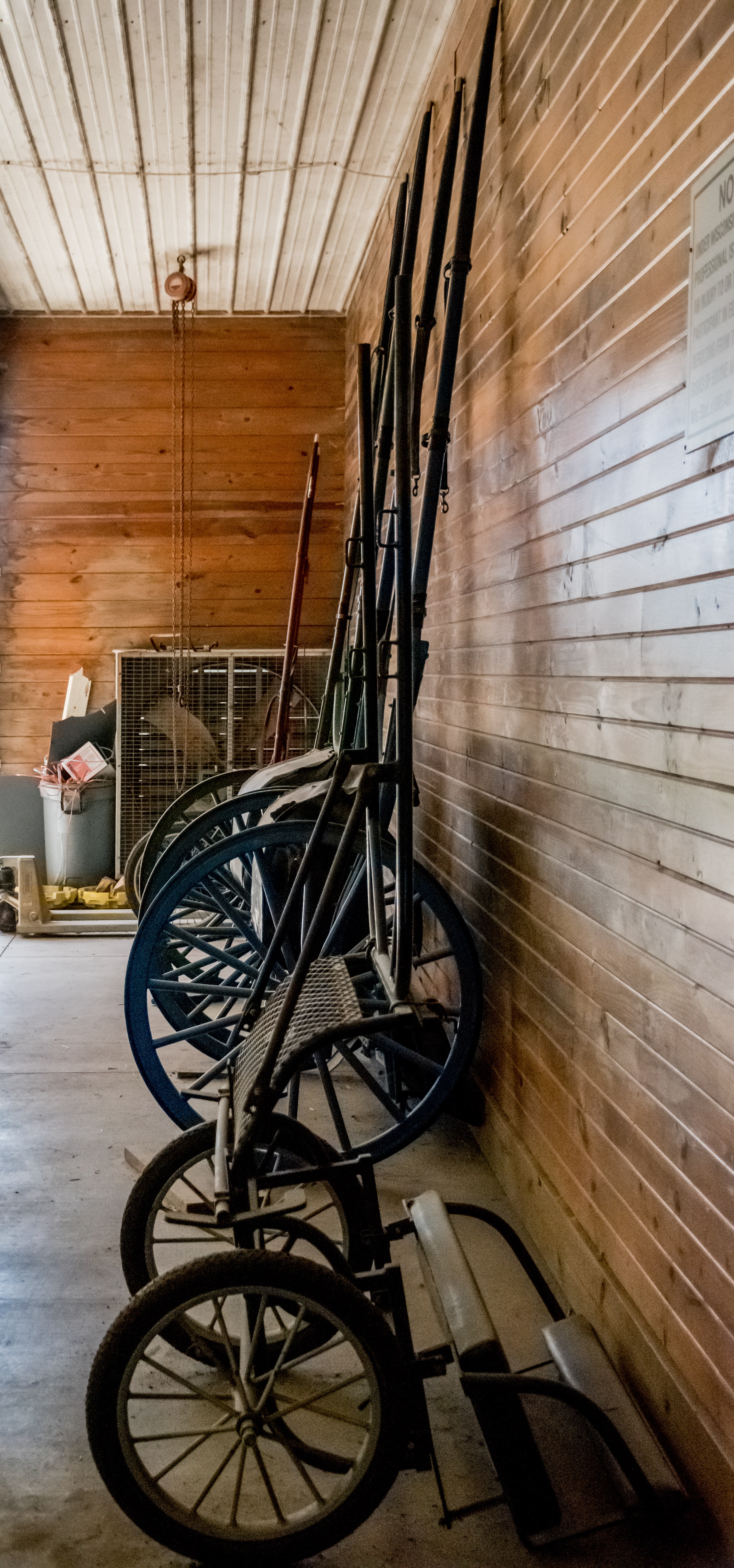
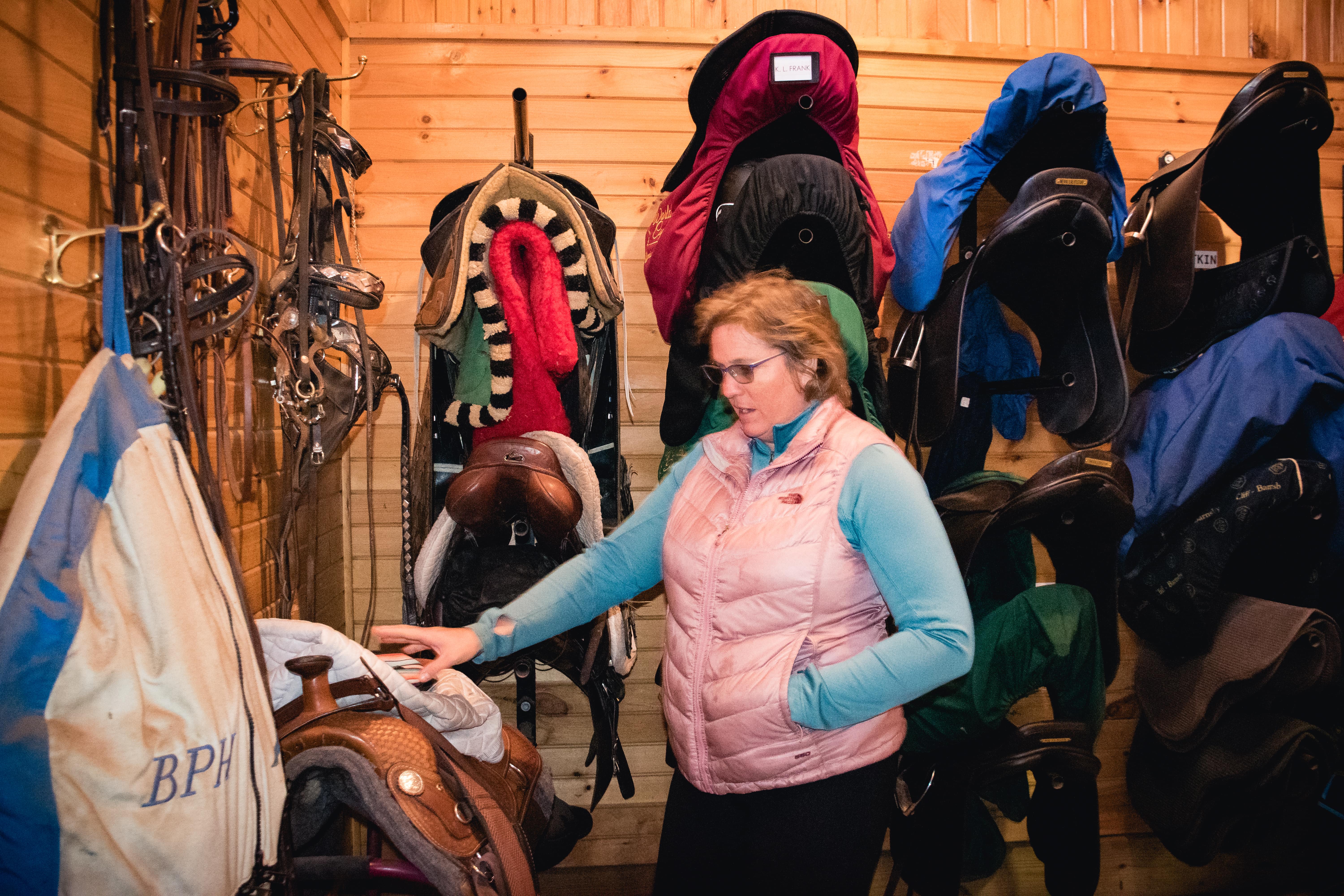
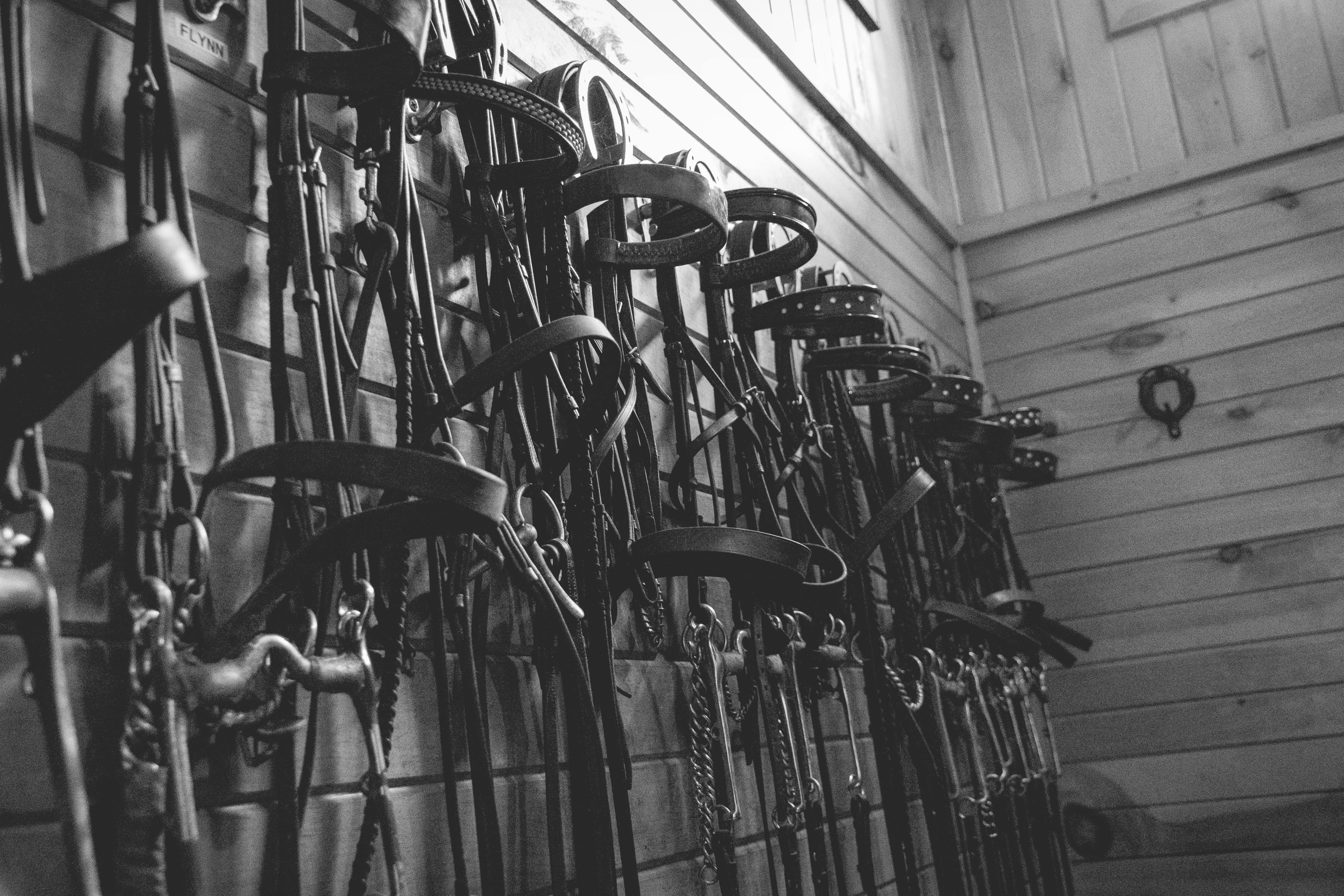
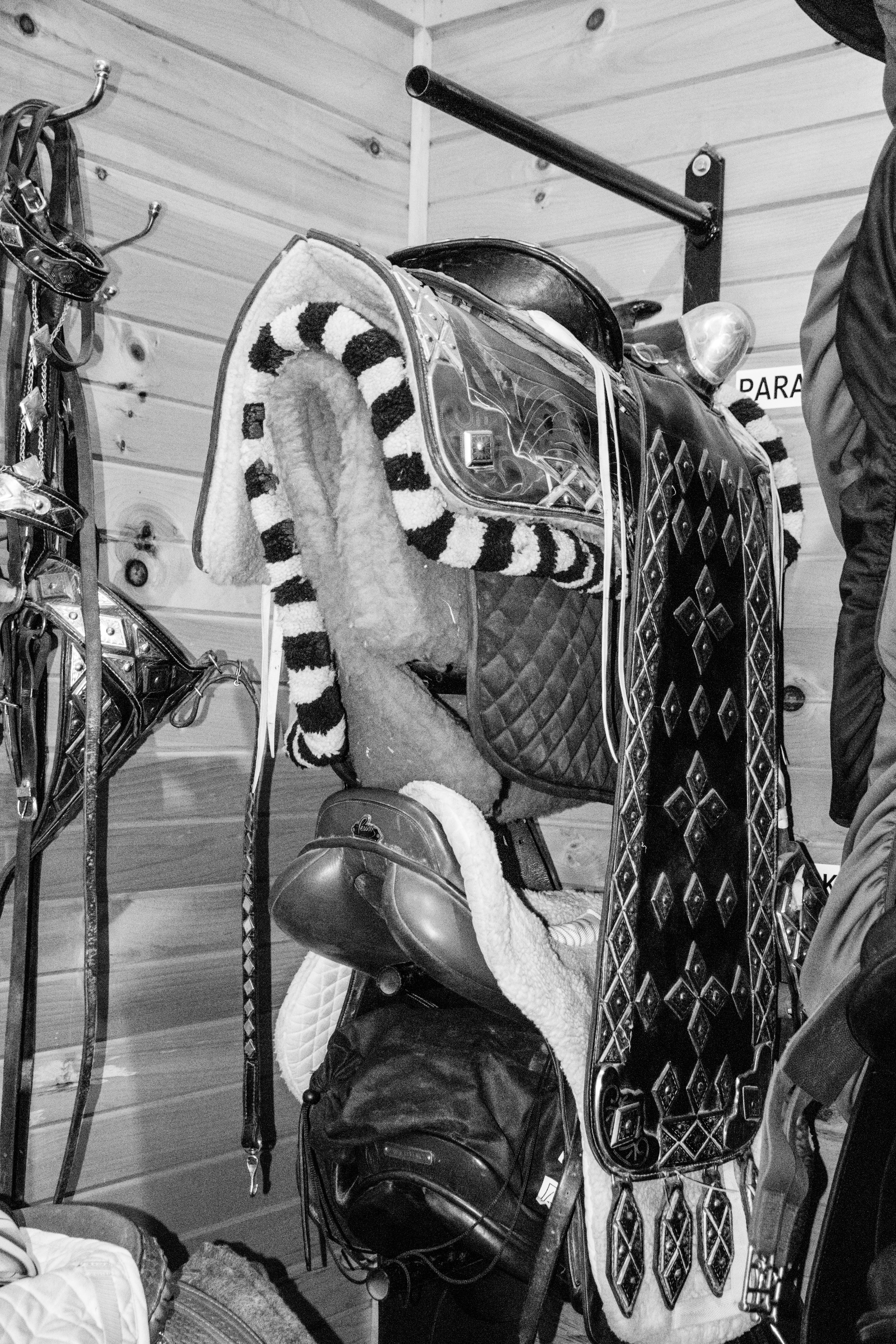

Leave a Reply